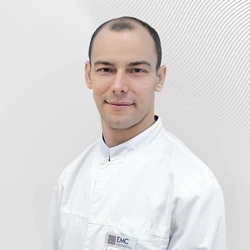Colon and rectal cancer (colorectal cancer, CRC) is the third most common cancer, but unlike many other cancers, it is ~ 95% preventable cancer.
What is "screening"?
This is a method of actively identifying any diseases or risk factors for their development in patients, based on the use of special diagnostic tests. Screening is carried out for the purpose of early diagnosis of the disease or predisposition to it, which is necessary to provide timely medical care. Screening studies for CRC help to significantly reduce the likelihood of its development.
Colonoscopy is a classic endoscopic method for the early diagnosis of colon cancer. Today, this is the "gold" standard for the diagnosis of tumors of the colon and rectum. A flexible elastic probe with a camera (endoscope) is inserted through the anus into the rectum and colon, which allows you to assess their condition from the inside almost the entire length (about 2 meters). The main advantage of colonoscopy is that if polyps are found in the intestine (which can eventually develop into cancer), the doctor can not only take a tissue sample for examination, but also immediately remove the polyp. In case of negative stool tests for latent blood and in the absence of factors that increase the risk of colorectal cancer, it is recommended that all patients over the age of 50 undergo a colonoscopy procedure once every 7-10 years.
The colonoscopy procedure has a number of features. It is necessary to carefully prepare the intestines for the upcoming examination and provide for the possibility of carrying out the procedure in the morning.
In EMC, colonoscopy is performed under medical sleep, which requires monitoring the patient for some time after the procedure.
For patients over 50 years of age with asymptomatic forms of the disease who do not have risk factors for colorectal cancer, some foreign experts recommend alternative types of screening studies — this may be a stool test for hidden blood (ACC), CT colonography, flexible or rigid rectosigmoscopy. These studies should be performed more often than colonoscopy — for example, ACSC at least once every 1-2 years, colonography at least once every 5 years. Patients with a positive result of alternative screening studies should subsequently be referred for colonoscopy.
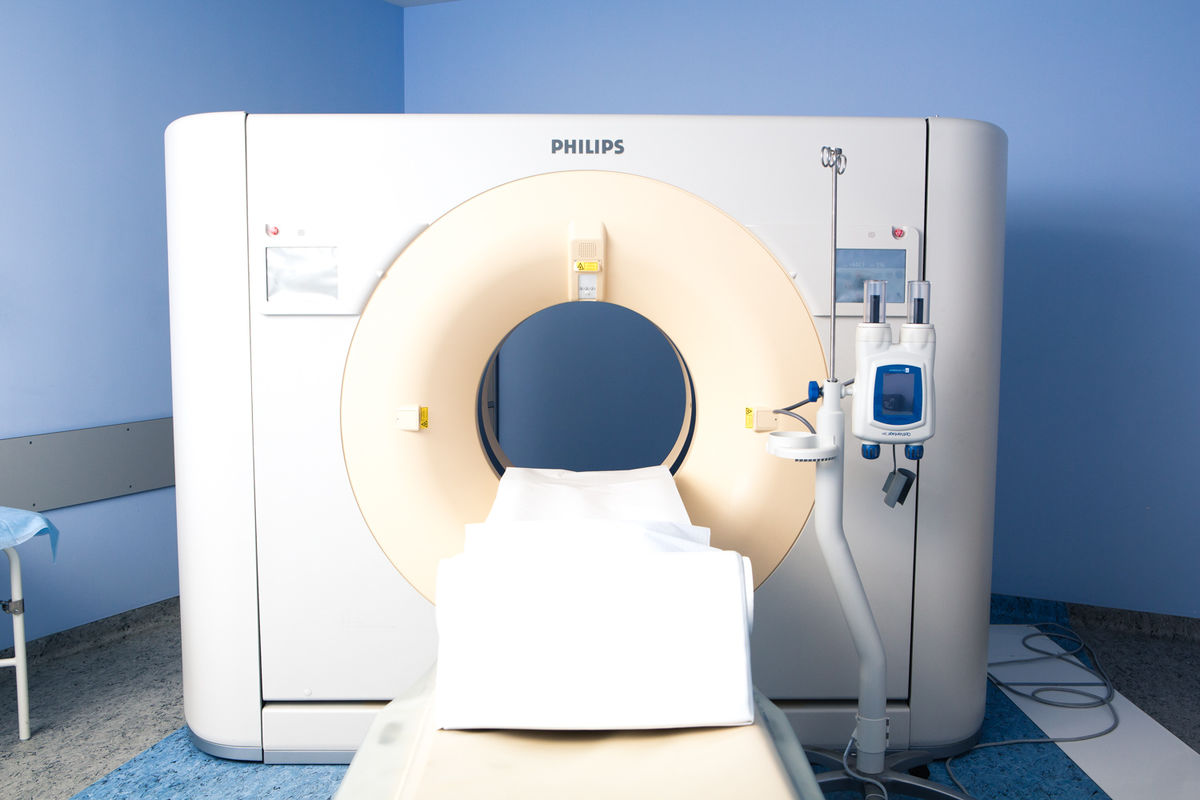 Computed tomography colonography (CT, CT colonoscopy), or "virtual" colonoscopy, uses X-rays to scan the abdominal cavity in layers, as a result, the doctor gets a three-dimensional view of the condition of the lumen of the colon. To conduct the study, it is necessary to "straighten" the intestines as much as possible, for this a tube is inserted into the rectum, which fills the colon and rectum with air. The patient may experience discomfort from this preparatory procedure, but the colonography itself is absolutely painless. It is worth noting that X-ray irradiation of the patient occurs during CT colonography, but when using modern protocols and CT machines, the dose received is small.
Computed tomography colonography (CT, CT colonoscopy), or "virtual" colonoscopy, uses X-rays to scan the abdominal cavity in layers, as a result, the doctor gets a three-dimensional view of the condition of the lumen of the colon. To conduct the study, it is necessary to "straighten" the intestines as much as possible, for this a tube is inserted into the rectum, which fills the colon and rectum with air. The patient may experience discomfort from this preparatory procedure, but the colonography itself is absolutely painless. It is worth noting that X-ray irradiation of the patient occurs during CT colonography, but when using modern protocols and CT machines, the dose received is small.Flexible sigmoscopy allows you to examine the condition of the inner surface of the colon for about 60 cm from the anus. The method is used to identify colorectal polyps and tumors, remove polyps, and take tissue samples for examination. The main difference between colonoscopy and sigmoscopy is that sigmoscopy does not examine the entire colon, but only the rectum and the lower colon.
Rectoromanoscopy is an even more limited method of CRC screening. During the procedure, the condition of the inner surface of only the rectum and a few centimeters of the sigmoid colon (approximately 20 cm from the anus) is examined using a metal or plastic rigid tube-rectoscope.
Fecal occult blood test, which is also called fecal immunochemical analysis, is a simple and affordable screening test. A small amount of feces is placed in a container and sent to the laboratory. It should be borne in mind that this is a less demonstrative test, especially when it is performed once. The sensitivity of the test is significantly increased if the analysis is performed annually for a long period of time.
All of these screening options are not alternatives to each other, so one or another research method is selected by the attending physician during the consultation based on patient complaints and examination data.
Not all insurance companies pay for screening tests, so the patient is advised to make sure that the procedure prescribed by the doctor will be paid for by the insurance company. Additionally, it should be noted that some insurance plans do not include anesthesia (sedation) during colonoscopy.
EMC doctors recommend colorectal cancer screening if
-
you find an admixture of blood in the stool or on toilet paper;
-
you are already 50 years old and you have no additional risk factors for colorectal cancer;
-
someone in your family had colorectal cancer.
Assessing the risk of colorectal cancer in patients with intestinal diseases, the doctor decides on the frequency of research individually for each patient.
The EMC Surgical Clinic has extensive capabilities for early diagnosis of benign and malignant diseases of the rectum, colon and anus, surgical and chemotherapeutic treatment of tumors of the rectum, colon and anus in cooperation with the EMC Institute of Oncology. The EMC provides a full cycle of cancer treatment, when the patient receives full-fledged modern treatment without leaving the clinic.
Surgical consultations and treatment are provided 24 hours a day, 365 days a year.
The EMC Surgical Clinic combines round-the-clock diagnostic capabilities with state-of-the-art surgical and conservative treatment approaches in accordance with international standards. The clinic's doctors are highly qualified surgeons, recognized by the world's leading scientific organizations, with extensive experience in abdominal, endoscopic, laparoscopic and robot-assisted (Da Vinci Si HD system) operations for benign and malignant diseases.
Was this information helpful?
Questions and answers
Ask a Question






.webp)


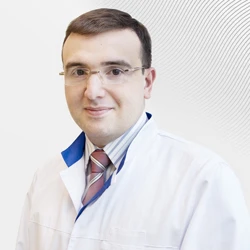
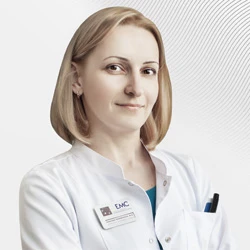

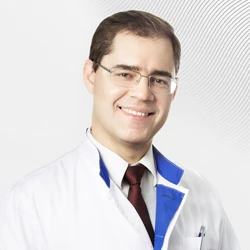
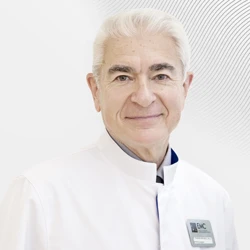
.webp)

.webp)
.webp)

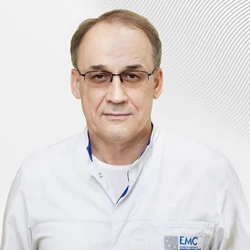
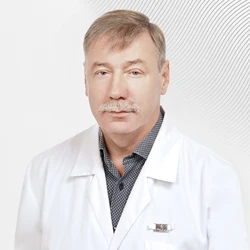
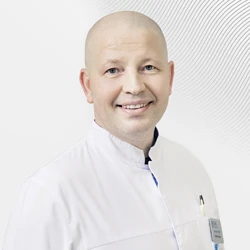

.webp)
